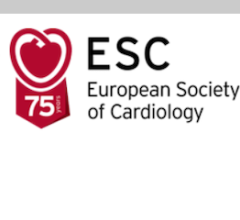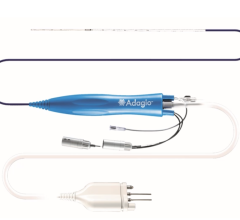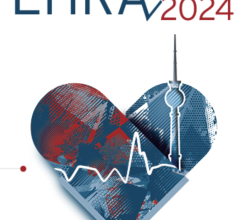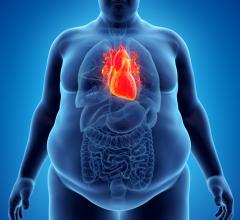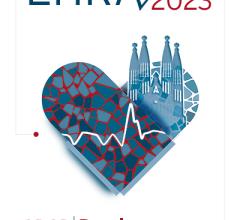
September 18, 2019 — AstraZeneca announced the U.S. Food and Drug Administration (FDA) has granted Fast Track designation for the development of Farxiga (dapagliflozin) to reduce the risk of cardiovascular (CV) death or the worsening of heart failure. The designation applies to adults with heart failure with reduced ejection fraction (HFrEF) or preserved ejection fraction (HFpEF).
The FDA’s Fast Track program is designed to accelerate the development and review of new medicines for the treatment of serious conditions where there is an unmet treatment need.
The Fast Track designation is based on two Phase III trials, DAPA-HF and DELIVER, which investigated the role of FARXIGA in patients with heart failure with reduced ejection fraction (HFrEF) and preserved ejection fraction (HFpEF), respectively. The results of DAPA-HF, presented at the 2019 European Society of Cardiology (ESC) Congress, Aug. 31-Sept. 4 in Paris, France, showed Farxiga reduced the composite of CV death or worsening of heart failure by 26 percent (p<0.0001) and showed a reduction in each of the individual components of the composite endpoint.
Farxiga is currently approved as a monotherapy and as part of combination therapy to improve glycemic control in adults with type 2 diabetes (T2D). In August 2019 the FDA granted Fast Track designation for the development of Farxiga to delay the progression of renal failure and prevent CV and renal death in patients with chronic kidney disease. Farxiga is not indicated to reduce the risk of HF, CV death or kidney disease.
Read the article “Farxiga Significantly Reduces Cardiovascular Death and Worsening of Heart Failure”
FDA Clears Dapagliflozin to Reduce Heart Failure Hospitalizations — October 2019 update
For more information: www.escardio.org


 August 29, 2025
August 29, 2025 
